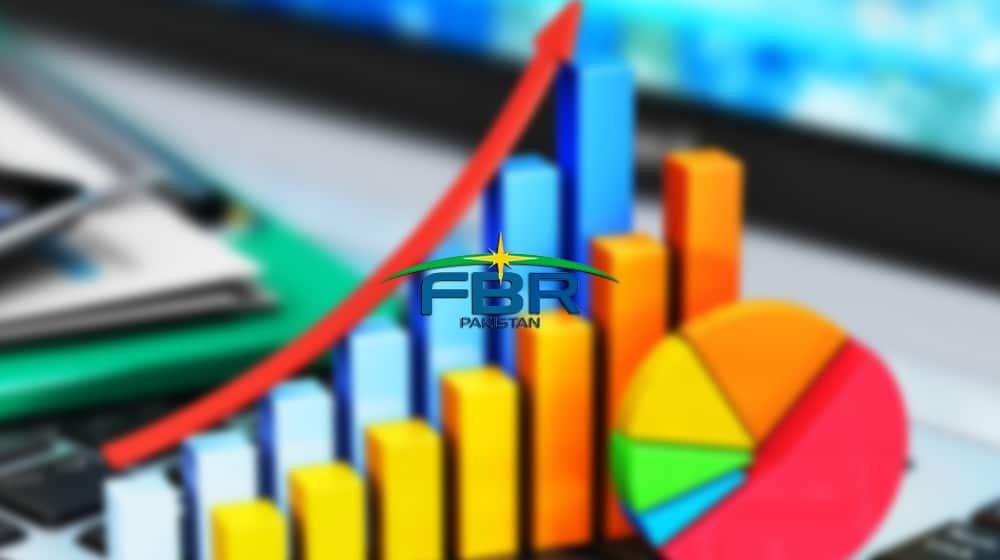The federal government of Pakistan has reached an agreement with the International Monetary Fund (IMF) to introduce seven new taxation measures during the fiscal year 2024-25, contingent upon revenue collection falling short of the projected target by 1 percent in the current fiscal year. This agreement is part of the IMF’s “Extended Arrangement under the Extended Fund Facility (EFF)” report, which outlines the contingent revenue measures agreed upon by the government.
According to the report, if the three-month rolling average revenue collection falls short of the projected target by 1 percent, the government, in consultation with IMF staff, will consider adopting one or more of the following contingency measures:
- Advance Income Tax on Imports: Increase the advance income tax on the import of machinery by 1 percentage point, with an expected collection of Rs. 2 billion per month.
- Raw Materials for Industrial Undertakings: Raise the advance income tax on the import of raw materials by industrial undertakings by 1 percentage point, expected to generate Rs. 3.5 billion per month.
- Raw Materials for Commercial Importers: Increase the advance income tax on the import of raw materials by commercial importers by 1 percentage point, with an anticipated collection of Rs. 1 billion per month.
- Withholding Tax on Supplies: Elevate the withholding tax on supplies by 1 percentage point, expected to collect Rs. 1 billion per month.
- Withholding Tax on Services: Increase the withholding tax on services by 1 percentage point, with an expected collection of Rs. 0.5 billion per month.
- Withholding Tax on Contracts: Raise the withholding tax on contracts by 1 percentage point, anticipated to generate Rs. 0.5 billion per month.
- Federal Excise Duty on Drinks: Increase the Federal Excise Duty (FED) on aerated and sugary drinks by 5 percentage points, expected to collect Rs. 2.3 billion per month.










